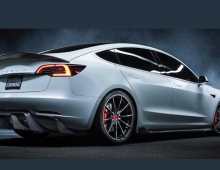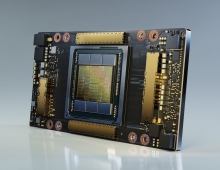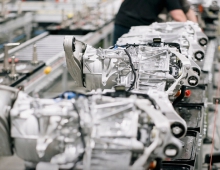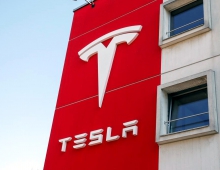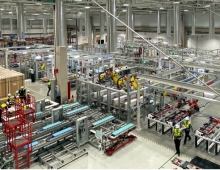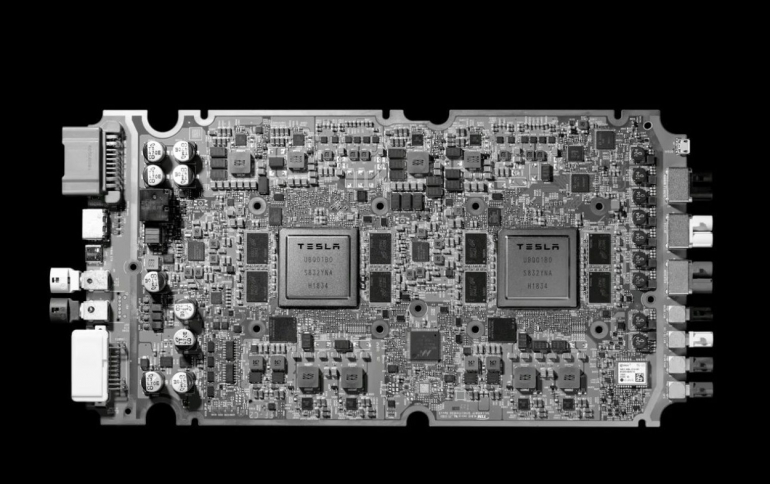
Tesla Unveils New Self-driving Computer
Tesla on Monday unveiled details about its new Full Self-Driving computer, which CEO Elon Musk claims is ‘objectively the best chip in the world’.
Earlier this month, Tesla announced that the new Full Self-Driving (FSD) computer, previously known as Autopilot Hardware 3.0, is now in production.
Tesla on Moday held the ‘Tesla Autonomy Day' at its Silicon Valley headquarters, and tried to persuade investors that its massive investment in autonomous driving technology will pay off.
Tesla has been working on a self-driving chip since 2016 and Musk had previously forecast that cars would be fully self-driving by 2018, a target Tesla has missed.
All cars being produced now have the new chip and the company was about halfway through the design process for the next generation chip, which Musk estimated would be about three times better than the current system.
Musk said that Tesla will start offering retrofits to current Tesla owners who bought the ‘Full Self-Driving package’ in the next few months.
Pete Bannon, Tesla’s head of Autopilot hardware, explained the entire new computer in details and why they decided to produce their own in the first place.
Musk said that they found that there’s no chip built from the ground up for neural net and they decided to design one and build software designed specifically to work with the hardware.
“A year from now we’ll have over a million cars with full self-driving, software, everything,” he said. He said it was improbable but true that Tesla had designed the best self-driving chip. One reason, he explained, was that Tesla wanted a chip only for autonomous driving, while others, like Nvidia, wanted a chip that could do other things as well.
Tesla claims that it achieved a factor of 21 improvement in frame per second processing versus the previous generation Tesla Autopilot hardware, which was powered by Nvidia hardware.
Bannon, who worked on important chip programs at Apple, said that he never worked on a project where the factor of improvement was more than 3.
The engineer also explained how they managed to solve the power issue. While the power consumption of the device has increased, it didn’t come anywhere close to the scale of the capability increase.
Bannon also said that hardware cost about 20% less per car than the Autopilot hardware 2.5. He said that the difference is paying for the development of the new hardware.
Musk added that Samsung is producing the new Tesla-designed chip in Austin, Texas and he doesn’t expect any problem with supply.
The CEO also added that they are already working on the next-generation of the chip and they expect it to be 3 times better than the current chip that just went into production.
Global carmakers, large technology companies and an array of startups are developing self-driving - including Alphabet Inc’s Waymo and Uber Technologies Inc - but experts say it will be years before the systems are ready for deployment.
Tesla also sells a “full self-driving option” for an additional $5,000, explained on Tesla’s website as “automatic driving from highway on-ramp to off-ramp,” automatic lane changes, the ability to autopark and to summon a parked car. Coming later in 2019 is the ability to recognize traffic lights and stop signs, and perform automatic driving on city streets, Tesla says.
But Tesla’s use of the term “full self-driving” still garners criticism, as the option is not yet “Level 4,” or fully autonomous by industry standards, in which the car can handle all aspects of driving in most circumstances with no human intervention.

